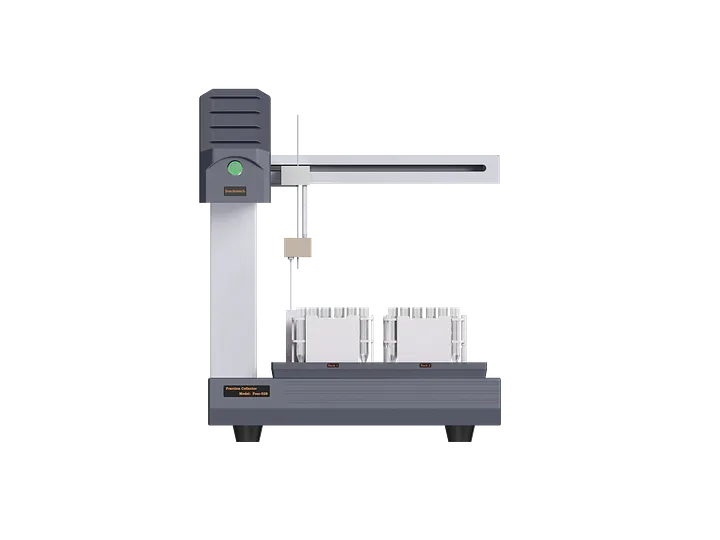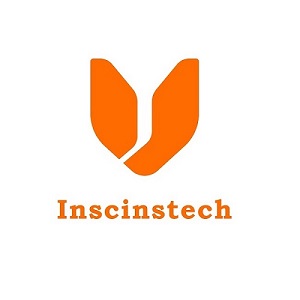Chromatography is a versatile laboratory technique widely used for separating mixtures into their components. This method relies on the differential partitioning of components between stationary and mobile phases. The chromatography principle hinges on substances' relative affinity towards the stationary and mobile phases. When the mixture is introduced into the system, each component travels at a different rate, allowing them to be separated and analyzed individually. The technique has evolved significantly since its inception, branching into various forms tailored to specific analyses and substances. Its applications span numerous fields, including pharmaceuticals, environmental testing, and the food industry, making it an essential tool in scientific research and industrial processes.

The Essence of Liquid Chromatography:
Liquid Chromatography, a prominent branch of chromatography, specializes in separating compounds dissolved in a liquid mobile phase. Unlike its counterparts that might use gases or other mediums, liquid chromatography utilizes a liquid solvent to transport the sample through a column containing the stationary phase. This technique is particularly effective for compounds that are not volatile or thermally stable. Its precision and versatility make it a preferred method in many complex analytical tasks, such as purifying large biomolecules or detecting trace amounts of substances in biological samples. The adaptability of liquid chromatography has led to its widespread use in pharmaceutical industries, where it plays a critical role in drug development and quality control.
Advancements in Chromatography Techniques:
Over the years, advancements in chromatography, especially Chromatography in Liquid, have revolutionized how scientists analyze and separate complex mixtures. High-Performance Chromatography in Liquid (HPLC), an advanced form of Chromatography in Liquid, offers enhanced resolution and speed, enabling more efficient and accurate analyses. These advancements are not confined to improved resolution and speed; they also include the development of more sophisticated detectors and column materials, providing greater sensitivity and selectivity. Such innovations are crucial in proteomics and metabolomics, where detecting minute differences in complex biological samples is essential. Chromatography's evolution reflects the scientific community's quest for more refined and powerful analytical tools.
Chromatography in Industrial Applications:
In industrial settings, chromatography, particularly Chromatography in Liquid, has become an invaluable quality control and research tool. Its ability to separate and quantify components with high precision makes it indispensable in ensuring the purity and consistency of products, ranging from pharmaceuticals to food items. Beyond quality control, chromatography is instrumental in the research and development phase, where it aids in identifying and characterizing new compounds. This technique's versatility and precision are essential in industries requiring stringent quality standards and cutting-edge research to discover novel substances or formulations.

Conclusion:
Chromatography and Chromatography in Liquid have become cornerstones in scientific research and industrial applications. Their significance is mirrored in the efforts of innovative enterprises like this site. As a high-tech company, they specialize in biological separation technology, boasting an impressive portfolio of patents and computer software copyrights. With marketing and service centres in Suzhou, China, and Los Angeles, USA, the company exemplifies chromatography's global reach and impact. Dedicated to providing high-quality biological separation equipment and chemical analysis instruments, inscinstech.com.cn/en is at the forefront of reducing operational costs and creating value for customers worldwide, embodying the transformative power of chromatography in contemporary science and industry.
Blog Source URL:
https://inscinstech.blogspot.com/2024/02/chromatography-unraveling-complexities.html





Comments